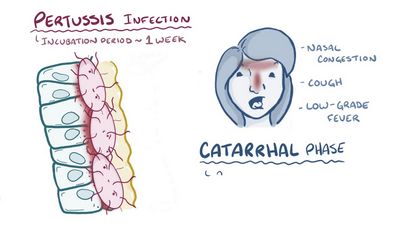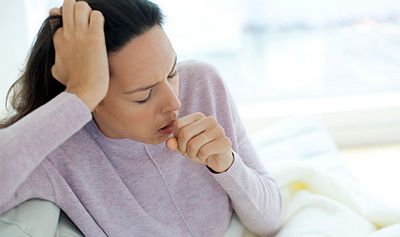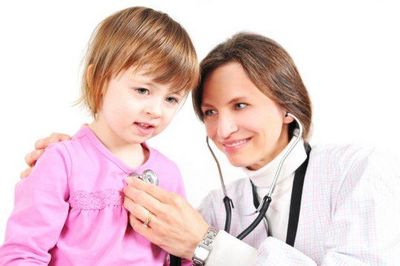In this article: What is whooping cough (PDF)? What are the common symptoms of whooping cough?
“Whooping cough (Cough) is a type of infection that is caused by a virus called pertactin.

It is transmitted from one person to another via cough or sneeze. The coughing usually occurs in the afternoon or in the early hours of the morning and may be accompanied by sore throat and cough. The symptoms are cough with a yellowish color and hard sputum. The coughing may last for one day or for several days.
This disease is not dangerous, but is considered to be very contagious disease. People with compromised immune systems can also get infected. This disease can be transferred by coughing, sneezing or sharing things like towels, razors, toothbrushes and other cleaning materials.
Whooping cough is also known as pertussis. This is caused by a strain of bacteria called the perineum, a member of the group of bacteria that cause strep throat, cough and fever. What is pertussis you may ask? What are the common symptoms of pertussis? Who gets pertussis, and how is pertussis spread?
Symptoms of whooping cough include a constant or intermittent cough, which worsens during cough episodes. There may be shortness of breath during a coughing episode and a feeling of being full.

Coughing can be a bout one time and then go away for a week or so, while during an outbreak a person may cough uncontrollably on a daily basis. Another symptom of whooping cough is wheezing, a sharp or wheezing sound in the chest, usually produced during coughing episodes.
How does pertussis spread from one person to another? The coughing and wheezing sound to indicate the presence of pertussis bacteria in the throat. If you cough during an attack, mucus may get down into the throat. This will then be inhaled by an infected person. The bacterium then travels up the respiratory tract and infects another person. There are two ways that this can happen, it can travel through coughing or by sneezing.
Wheezing and coughing sound is not always the same, some people cough, while others just sneeze. These people may be contagious. If the cough is recurrent, it could mean that you have pertussis and you need to visit your doctor for proper diagnosis and treatment. It’s important to note that coughing is usually the first sign of pertussis, so it is important to note that if you have been coughing for a few days, it’s a good idea to visit your doctor to rule out a more serious health problem.
To prevent further spread of the disease, cough frequently, and if you cough during an attack, make sure to clean your mouth and nose, especially after eating.

You should also use a HEPA filter in the shower and if you have a sore throat to try to dry it out thoroughly before going to sleep.
Treatments for whooping cough depend on the cause of the cough. A prescription decongestant will help to prevent the outbreak from happening, while a steroid, usually in the form of a nasal spray will stop the cough from worsening and can even prevent it all together. If the cough is severe, it may be a good idea to see your doctor and get a prescription for an antibiotic to reduce the inflammation and ease the pain, but antibiotics aren’t given for their main purpose.
Cough masks or steamers are another way of controlling the cough. and can make a difference between a mild bout of coughing and a severe bout with the same condition.
Antibiotics are also prescribed to treat whooping cough. These antibiotics can be given to infants, and they come in many different forms. Many of the antibiotics used in hospitals for children’s illnesses are given as cough medicines. One of the most common antibiotics used for treating whooping cough is the amoxicillin, which is given in cough suppressants.
Cough suppressants may take up to six weeks to start to have any effect. They will help to reduce the severity of the cough, but in the meantime it’s very important to ensure that you keep your mucus membranes clean and healthy. This will help to prevent further spread of the illness, which will decrease the likelihood of further outbreaks. Once the treatment is complete, you should make sure that you and your family know what to do in case you or someone else becomes infected.